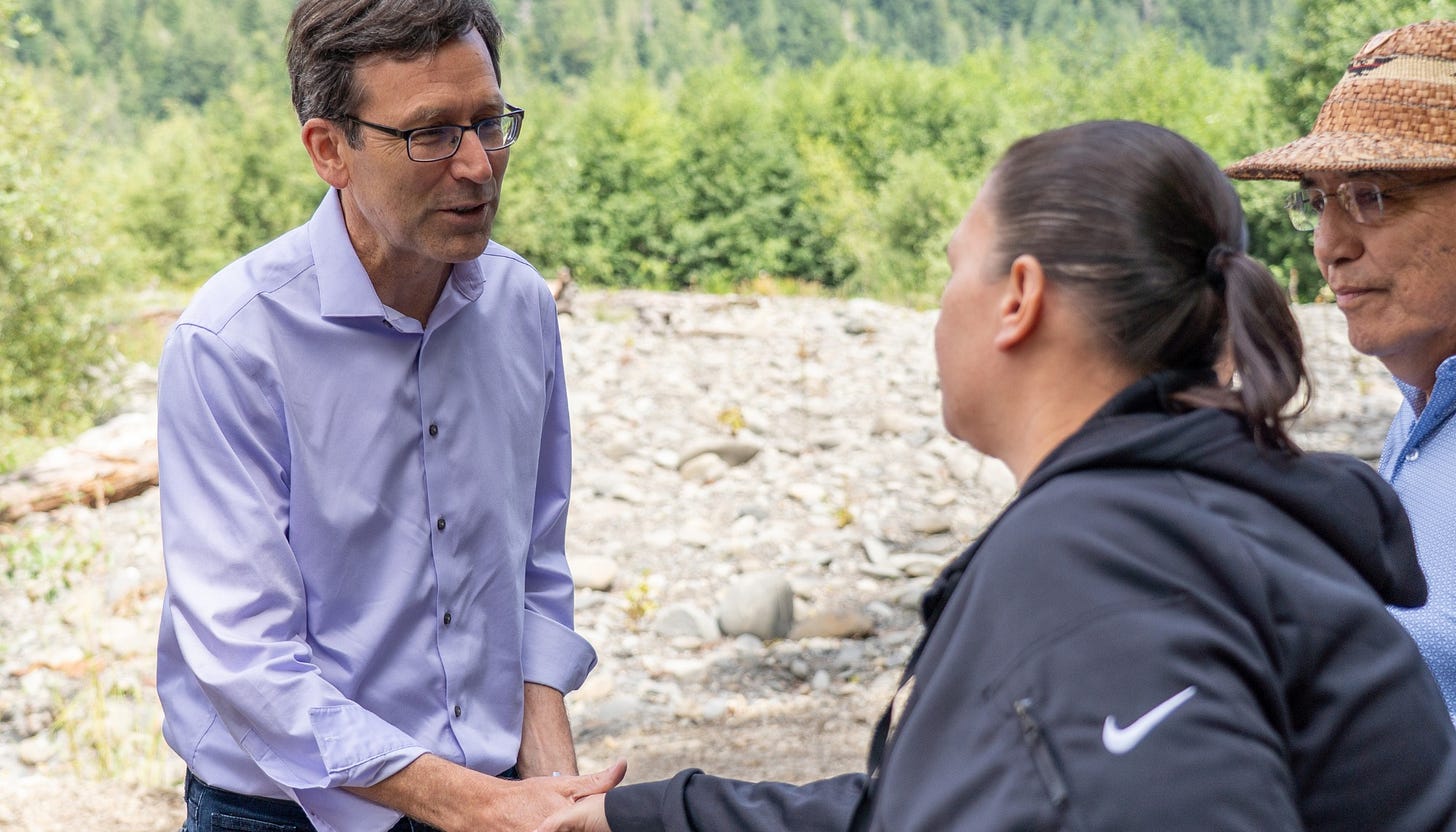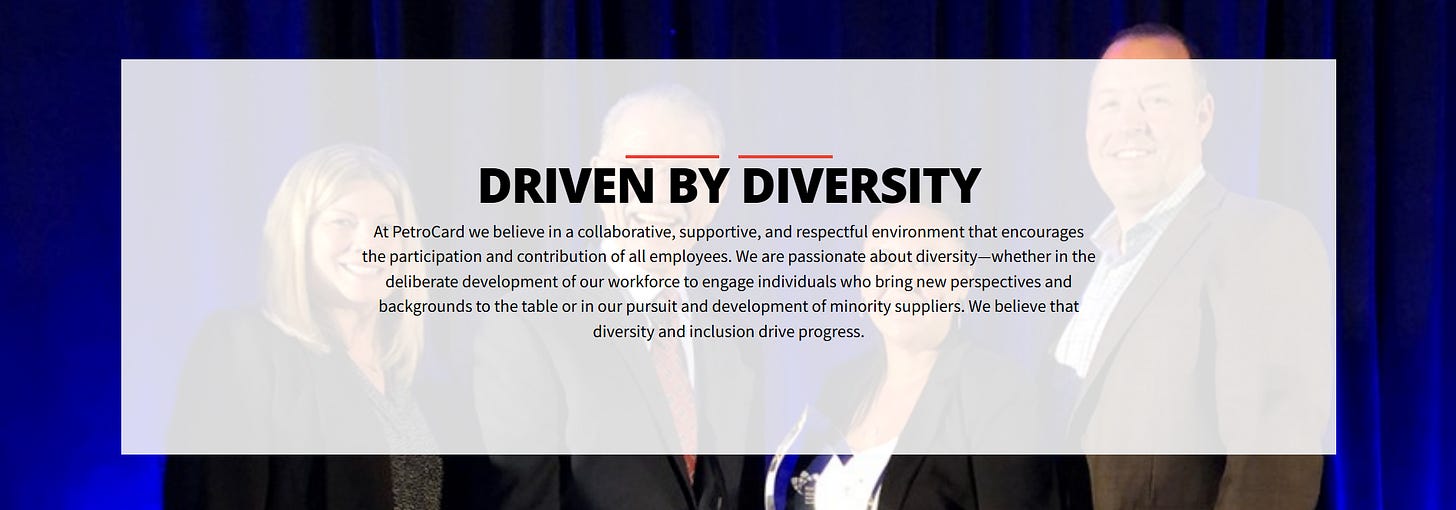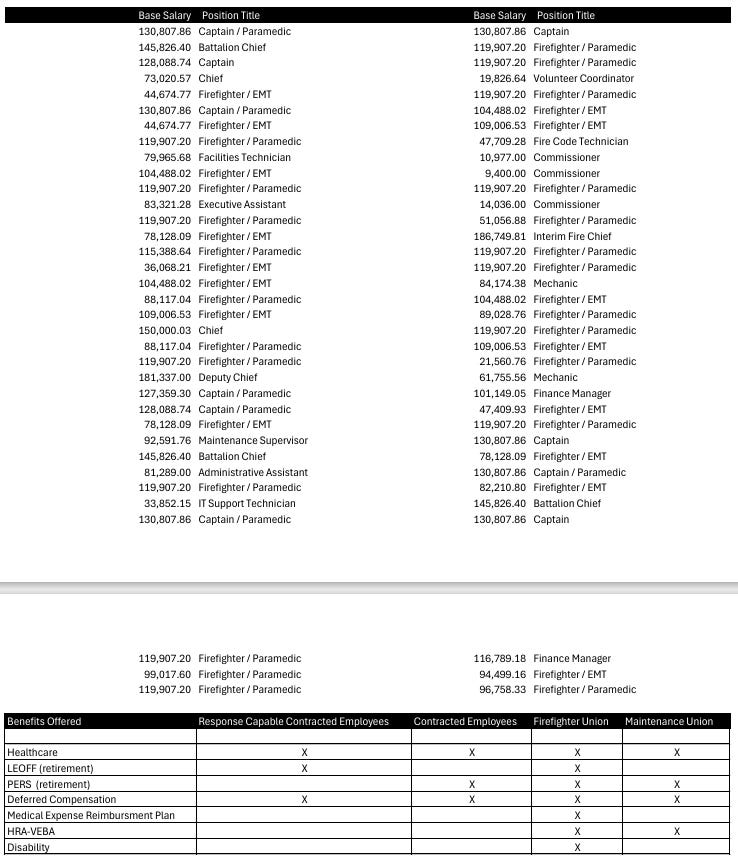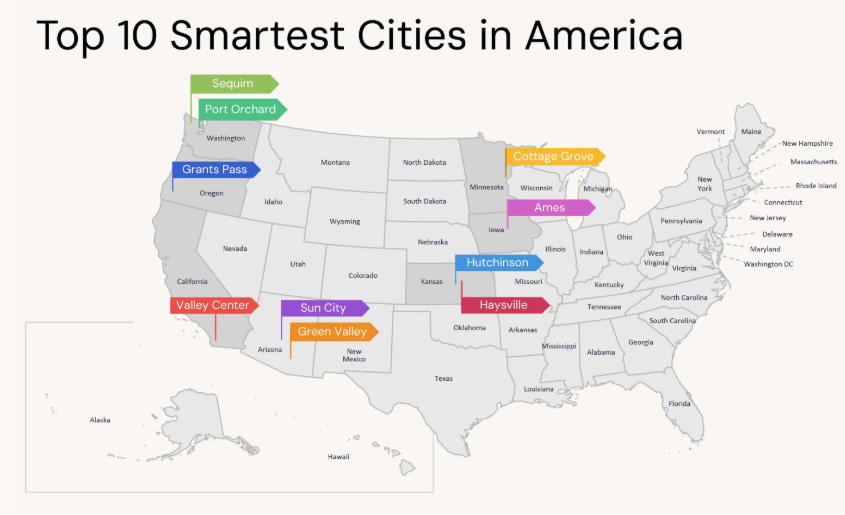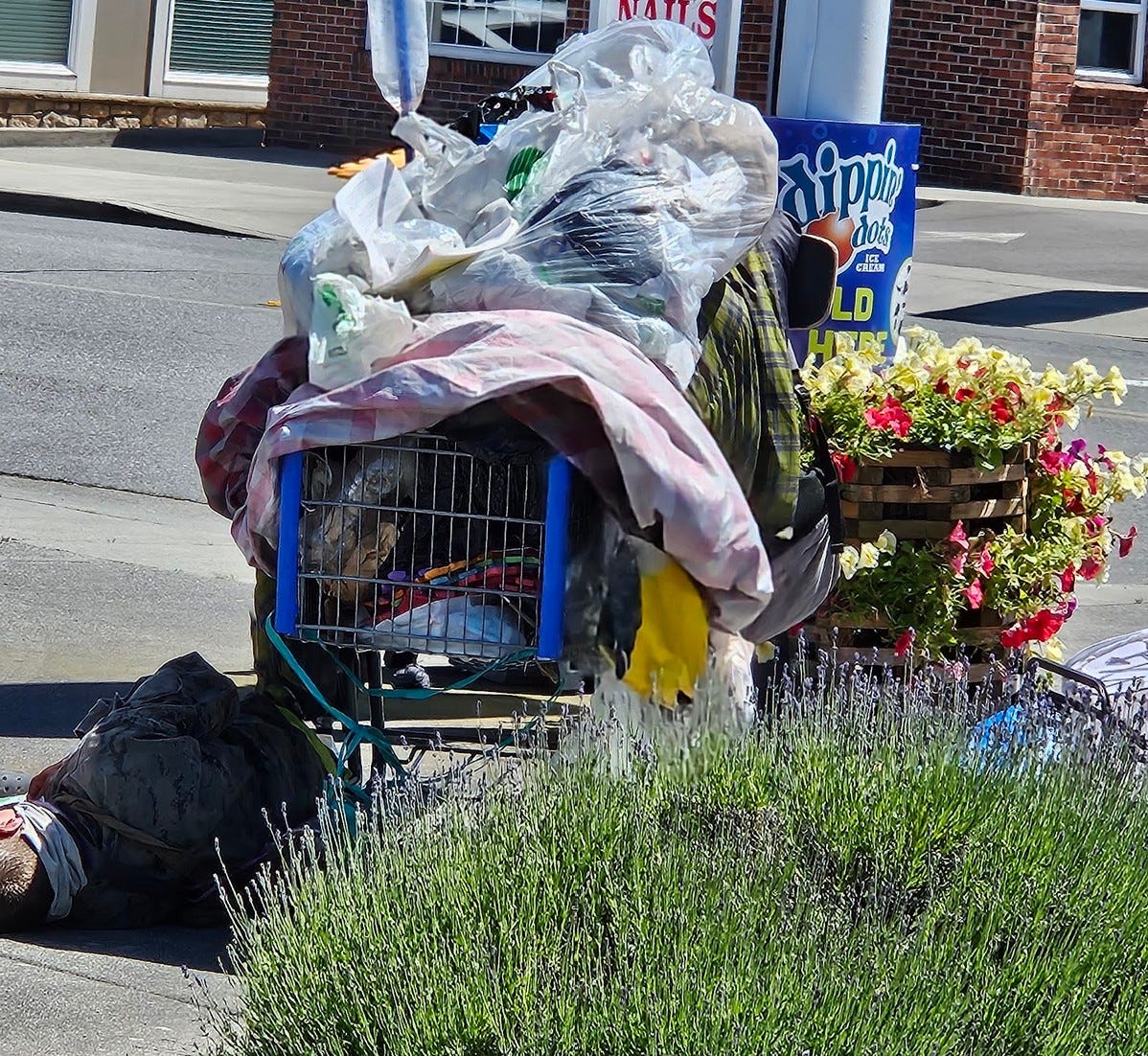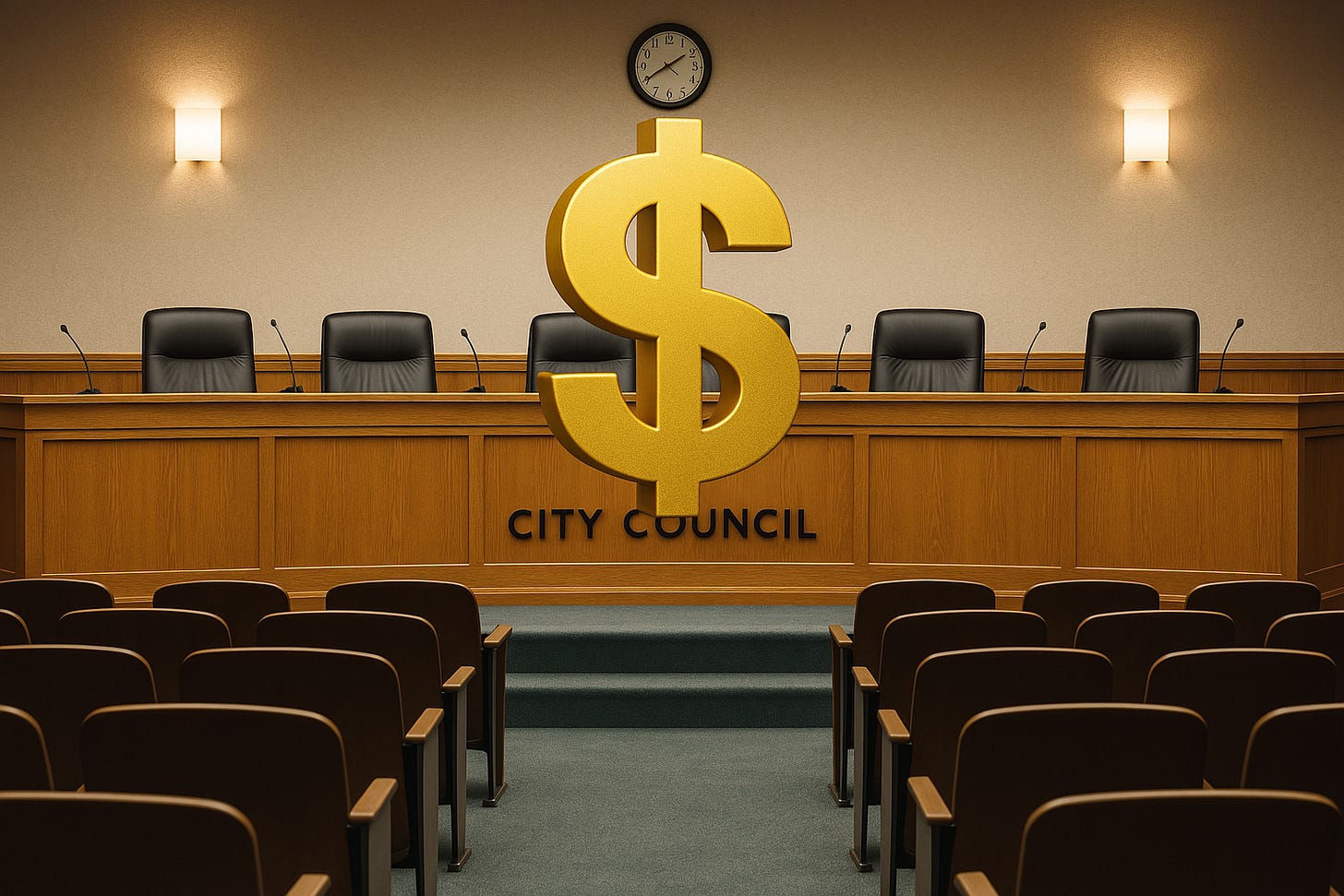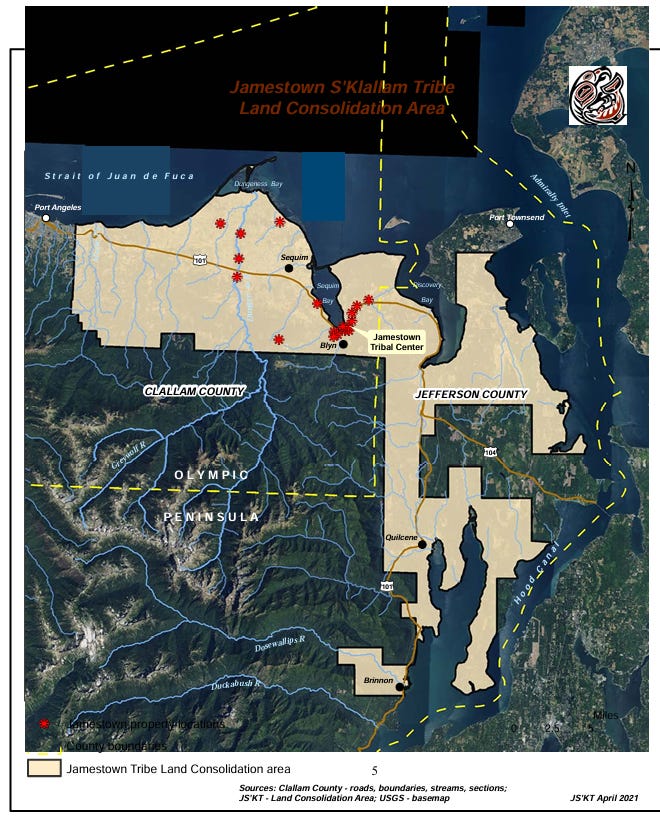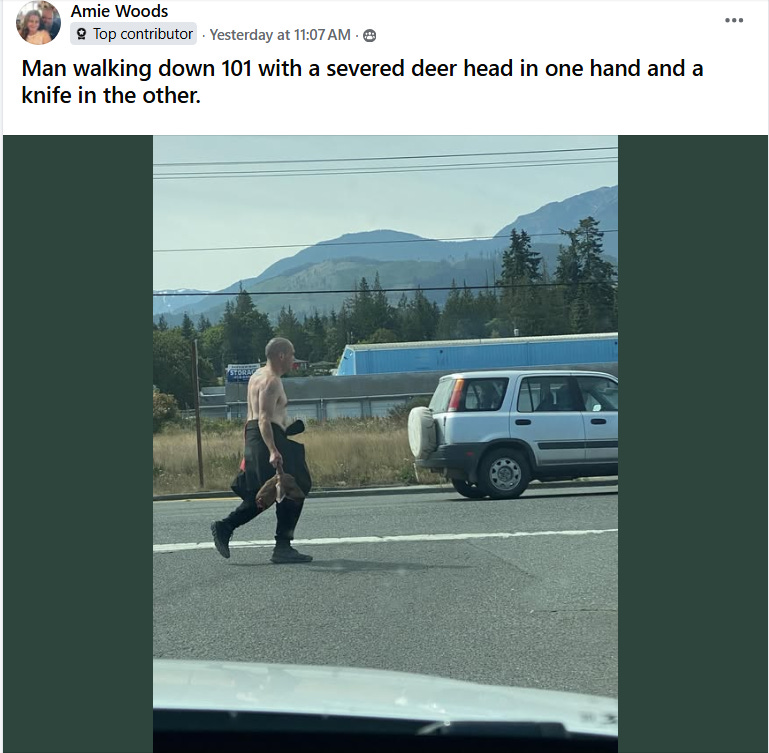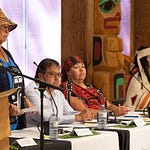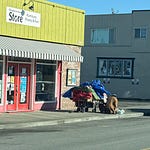When a fuel truck plunges into Port Angeles’ water supply, tribal-owned PetroCard is barely mentioned. Meanwhile, taxpayers face massive new levies for “essential services” while still footing the bill for meth pipes and million-dollar vehicle fleets. From city council races to tribal land grabs, uncover the quiet decisions draining your wallet—and ask why no one’s held accountable when the damage comes from the top.
Salmon, sovereignty, and the spill
On Friday, a fuel tanker crashed off Highway 101 into Indian Creek, a tributary of the Elwha River—Port Angeles’ primary water source. The tanker was operated by PetroCard, a Native American–owned company certified as a Minority Business Enterprise. The crash triggered a water crisis: residents were told not to drink the tap water, restaurants shut down, and people lined up for blocks to fill jugs.
Governor Bob Ferguson responded with this statement:
“This spill is nothing short of heartbreaking for local tribes and other Washingtonians who rely on clean, healthy rivers and streams for their food and livelihoods. I am closely monitoring the situation — including its impact on local salmon populations — and will visit the site in the next few days.”
The statement was quickly praised by some. But many in the community asked a fair question:
When Port Angeles water is threatened, isn’t it threatened for everyone?
Who owns the tanker?
The tanker was operated by PetroCard, a distributor of fuel and lubricants. While not widely known to the public, PetroCard is owned by Bristol Bay Industrial, which is in turn a subsidiary of the Bristol Bay Native Corporation, an Alaskan Native Corporation created under the Alaska Native Claims Settlement Act.
That means the company is Native-owned, and officially recognized as a Minority Business Enterprise by the NMSDC and the Washington OMWBE. In other words, this wasn’t just any fuel truck.
We’ve been told again and again that Native voices are especially harmed by environmental risks. But what happens when a Native-owned company that distributes fossil fuels causes the damage?
Fire district asking for 35% more is quiet on salaries
Clallam County Fire District 3 is requesting a 35% increase in the property tax it collects. A mailer lists expenses for maintenance, vehicles, and training—but says nothing about salaries. In 2023, they employed 55 full-time staff. Now it’s 70.
Some base salaries include:
Battalion Chief: $145,826
Chief: $150,000
Interim Fire Chief: $186,749
All this in a county where the average annual wage is $52,503. Justified? Maybe. But why the silence on pay?
“Essential services” or enablement?
The Clallam County Board of Commissioners may ask voters for another property tax hike in November to fund essential services. Last year’s "essential" spending?
5,931 boxes of naloxone (OD reversal)
90,948 syringes
5,503 fentanyl test strips
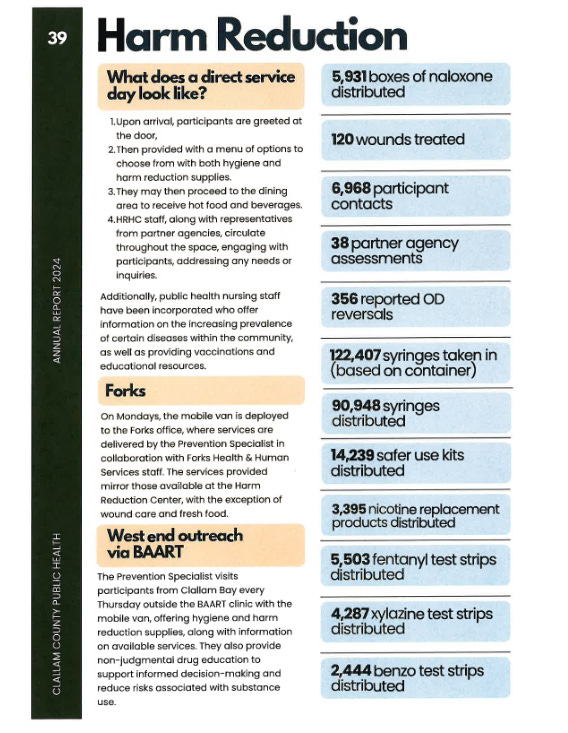
From the March 18th Board of Health agenda.
Meanwhile, the county struggles to fund non-essential services, such as law enforcement, youth diversion programs, and county parks.
James Taylor: fiscal facts matter
James Taylor, a candidate for Port Angeles City Council, has sounded the alarm on growing government costs. In his Substack, he walks through how the City’s proposed 2026 budget hides spending increases under the label of “public safety.”
His breakdown shows how taxes could rise $632/year for a modest home—on top of the $3,000 many already pay. Taylor is calling for efficiency, outsourcing, and a return to core services.
He’s not anti-government—he’s anti-bloat. Voters should give him a serious look.
📖 Read more from Taylor on Substack
Sequim: one of the smartest cities in America?
Sequim was ranked one of the top 10 “Smartest Cities in America” by SmartNews, based on news reading per capita. The rankings highlight small and midsized cities where residents consistently spend the most time consuming the news. For a small city, that’s a big deal.
Maybe that’s why the CC Watchdog podcast has surpassed 218,000 downloads in less than two months. People in Clallam are paying attention—and they’re hungry for the truth.
Homelessness: breaking the cycle or bankrupting It?
As Clallam County builds $350,000-per-unit "permanent supportive housing" for the homeless, others are starting to ask: when is help actually hurting?
A recent piece from Change Washington makes the case for self-sufficiency over perpetual care. Author Ginny Burton writes:
We’re funding a trillion-dollar industry that perpetuates the very problems it claims to solve. Research indicates that incarceration costs our communities over $1.2 trillion annually, while chronically homeless individuals cost taxpayers $30,000 to $50,000 per year in emergency services alone. This creates a poverty-to-prison-to-housing pipeline that enriches service providers while trapping vulnerable individuals in cycles of managed dependency until death.
Harm reduction has its place—but unlimited spending with no expectations isn’t compassion. It’s dysfunction.
What a million bucks buys: Marolee Smith Dvorak breaks it down
Port Angeles City Council candidate Marolee Smith Dvorak is sounding the alarm after the city quietly spent nearly $1 million on new vehicles last year—most rubber-stamped on the Consent Agenda with zero public discussion.
Her research reveals the waste beneath the shine:
Forklifts replaced after just 1,600 hours of use
Pickup trucks retired while driving under 400 miles per month
And no clear reason why existing fleet vehicles couldn’t serve new roles
“It’s like spending isn’t even considered controversial—or worth debating,” Dvorak writes. “That’s unacceptable.”
She doesn’t just question the dollar signs—she calls out the carbon hypocrisy, too. Fancy upgrades, premature replacements, and paper-thin justifications are quietly stacking up while residents shoulder ever-higher bills.
In an era of strained budgets and rising taxes, Dvorak’s blend of watchdog grit and fiscal restraint makes her a candidate worth watching.
📖 Read more from Dvorak on Substack
“Reacquiring homelands”: a tribal priority
In the Jamestown S’Klallam Tribe’s latest newsletter, CEO Ron Allen wrote that Tribal strategic goals include:
“Social Services programs are consistent with all four goals in our Tribal strategic plan. They include: re-acquiring homelands; economic development and the employees to generate unrestricted revenue; and, subsequently, better social services for our people.”
Re-acquiring homelands? The Tribe has identified a “land consolidation area” from Morse Creek to Hood Canal.
When land goes into trust, it disappears from the tax rolls—draining funds from schools, roads, and essential services. Will the public get a say? Or will there be no one left to ask, once the locals are priced out and gone?
Welcome to Clallam County
Tourist season is in full swing—lavender fields, campers, and Olympic National Park adventures. But visitors driving through Port Angeles last weekend were greeted by a shirtless man strolling along Highway 101 with a deer head in one hand and a knife in the other.
In a county that normalizes drug use and runs a jail with a revolving door, scenes like this are no longer shocking—they're routine.



